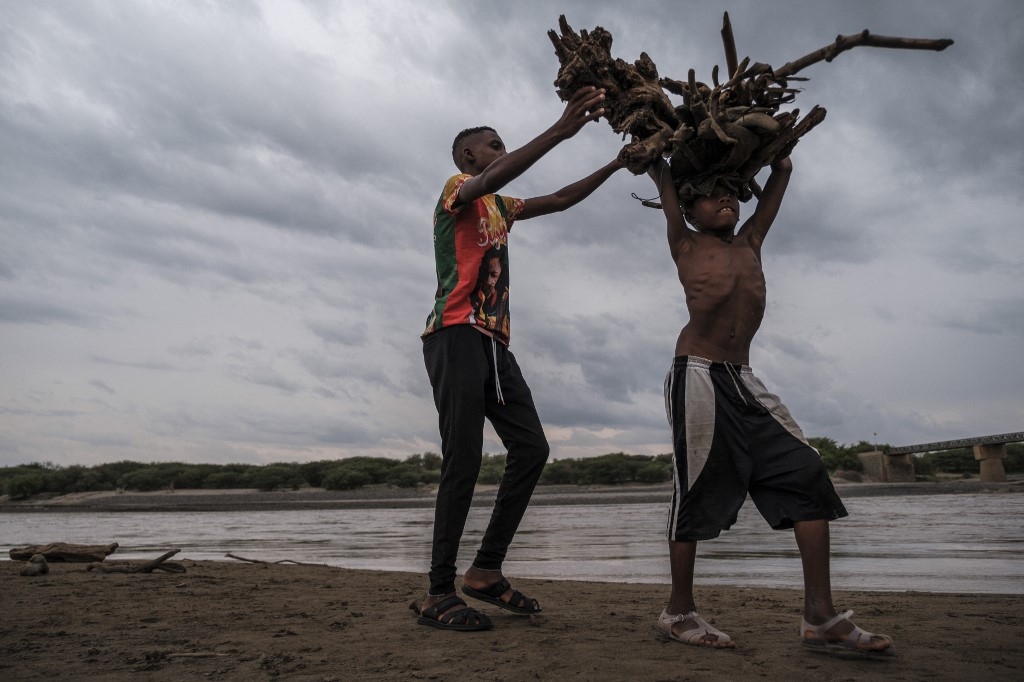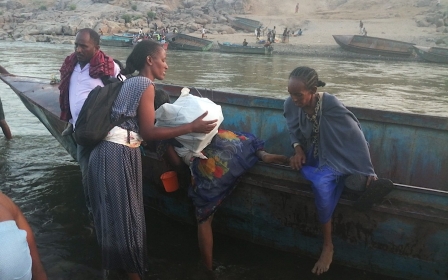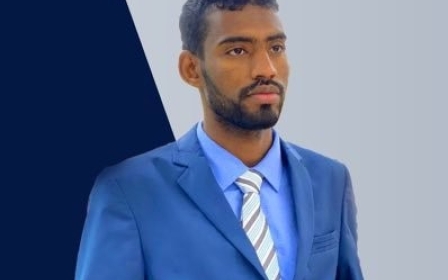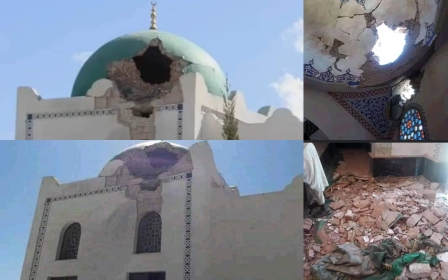Sudan residents find bodies with gunshot wounds and hands bound in river

Dozens of bodies, suspected of being the remains of people fleeing the war in Ethiopia's Tigray region, were found in a river flowing through Sudan's Kassala province, some with gunshot wounds or their hands bound, Sudanese officials and residents said.
"The bodies I saw today were wounded and had their hands tied," one witness told AFP by telephone on Monday, declining to be identified.
The official, who spoke to the Associated Press on the condition of anonymity, said a forensic investigator was needed to confirm the causes of death.
Two Ethiopian health workers on the Sudan border also confirmed seeing bodies in the Setit River, known in Ethiopia as the Tekeze, which flows through the most troubled areas hit by the nine-month conflict in Tigray.
Ethnic Tigrayans have accused the Ethiopian government and allied Eritrean forces of atrocities while battling Tigray forces.
Tefera Tewodoros, an Ethiopian doctor, working at Sudan's Hamdayit refugee transit centre on the border, told AFP that he saw nine bodies of men and women in the river on Monday alone.
"We also saw 28 bodies on Saturday and Sunday in Wad al-Hilou, mostly of men with gunshots on different parts of their bodies," he said.
A fisherman living in the area who requested anonymity said he also saw bodies lying on the riverbanks.
Ethiopia's government condemned the reports on Monday, describing them as "fake" and claiming "propagandists" were "using false images" to spread disinformation.
Fighting in Tigray broke out in November between Ethiopia's federal forces and the region's ruling party, the Tigray People's Liberation Front (TPLF).
Ethiopian Prime Minister Abiy Ahmed, a 2019 Nobel Peace Prize winner, said his forces' move into the region was in response to TPLF attacks on federal army camps.
The conflict has killed thousands and sent tens of thousands fleeing into neighbouring Sudan.
Middle East Eye propose une couverture et une analyse indépendantes et incomparables du Moyen-Orient, de l’Afrique du Nord et d’autres régions du monde. Pour en savoir plus sur la reprise de ce contenu et les frais qui s’appliquent, veuillez remplir ce formulaire [en anglais]. Pour en savoir plus sur MEE, cliquez ici [en anglais].




